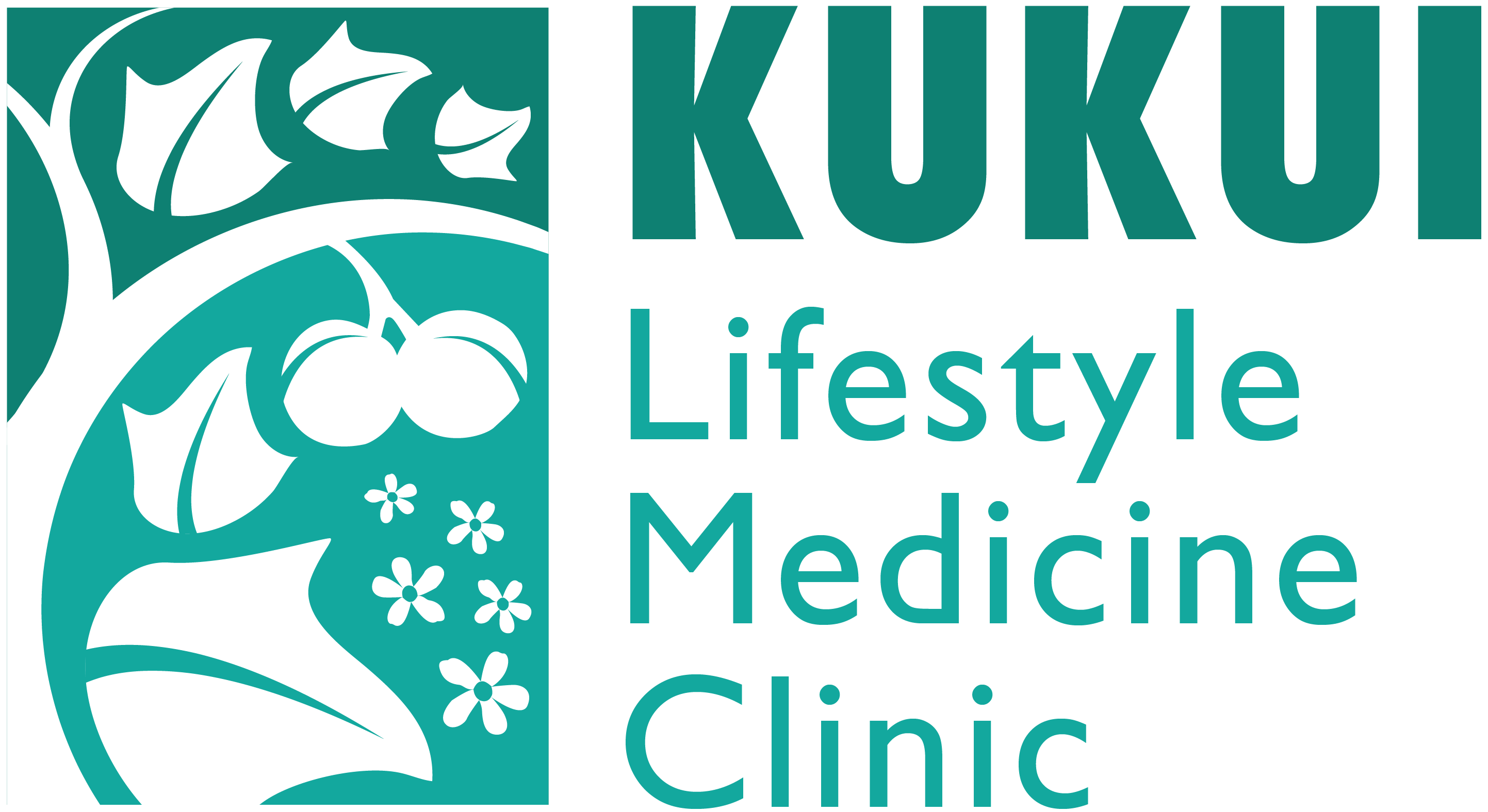Primary care and lifestyle medicine appointments include conventional and lifestyle treatments that take into account your goals, needs, and unique cultural background.
Primary Care & Lifestyle Medicine Appointments
Health Classes
Our health classes, or group medical appointments, are facilitated by a Physician and Registered Dietitian. Includes education on prevention and treatment of disease, including disease reversal, food sampling, recipes, and interactive discussion.
Genetic & Gut Microbiome Testing
Learning the unique genetic and gut microbiota profiles of patients are essential in order to provide personalized medical care. It informs on the best plan of care that maximizes effectiveness and minimizes side effects.
NAD+, Peptide, & Aesthetic Therapies
True health starts with lifestyle and is enhanced by advanced therapies, like NAD+, peptides, and non-invasive aesthetics. These treatments support, not replace, healthy living by optimizing the body’s natural repair, resilience, and vitality.
What is Lifestyle Medicine?
Lifestyle Medicine involves preventing, treating, and often, reversing illness and diseases through evidence-based lifestyle approaches, while minimizing or eliminating needs for prescription medications. This includes an individualized prescription that promotes a whole-food, plant-based diet, regular physical activity or exercise, stress management, adequate sleep and rest, healthy relationships, spending time outdoors (fresh air and sunlight), adequate drinking water, and avoidance of risky substance use (tobacco, alcohol, drugs)
A Lifestyle Medicine Approach Can Help Those With:
High blood pressure · High cholesterol · Heart disease (angina, atherosclerosis) · Stroke · Type 2 diabetes · Obesity · Stress, anxiety, depression · Osteoporosis, menopause · Certain types of cancer (breast, prostate, colon) · Liver disease · Kidney disease · Alzheimer's disease · Arthritis (osteoarthritis, gout) · Autoimmune diseases (multiple sclerosis, rheumatoid arthritis, inflammatory bowel disease) · Fibromyalgia · Gastrointestinal disorders (irritable bowel syndrome, fructose intolerance, non-celiac gluten sensitivity) · Hormonal issues (polycystic ovarian syndrome (PCOS) and PCOS-associated infertility, anovulatory bleeding)




